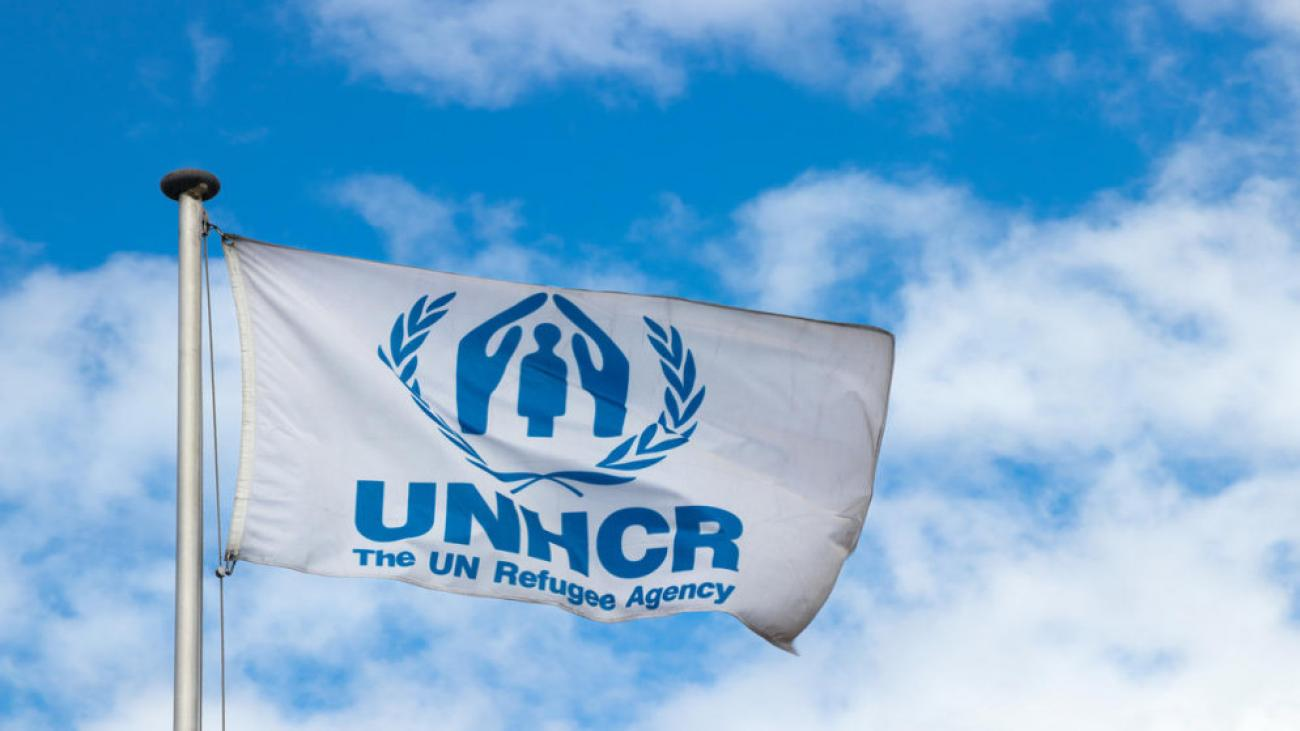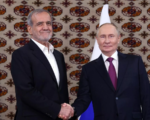The United Nations refugee agency (UNHCR) has reported that over a quarter of Lebanon is now affected by Israeli evacuation orders as the conflict between Israel and the Iran-backed militant group Hezbollah intensifies. This development comes amid Israel’s ongoing military campaign against Hezbollah, which has included ground incursions into southern Lebanon and airstrikes targeting key Hezbollah infrastructure. The U.N. expressed concerns about the growing humanitarian crisis as civilians continue to flee with minimal belongings.
According to Rema Jamous Imseis, the UNHCR’s Middle East Director, the latest evacuation orders have forced residents of 20 more villages in southern Lebanon to flee. This adds to the 1.2 million displaced people since the escalation of Israeli operations last year. Israeli military actions have resulted in the deaths of over 2,309 people, most of whom have been killed since Israel expanded its campaign in late September. The Lebanese government has not distinguished between civilian and combatant casualties in its reporting. Meanwhile, Israel reports that 50 Israelis, both soldiers and civilians, have been killed during this period, with Hezbollah rocket attacks forcing tens of thousands of northern Israeli residents to evacuate their homes.
In a tragic escalation, an Israeli airstrike on a house in northern Lebanon’s Christian-majority town of Aitou killed 22 people, including 12 women and two children, many of whom were displaced civilians seeking shelter from the bombardment. The U.N. Human Rights Office raised concerns regarding International Humanitarian Law (IHL), calling for an investigation into the attack.
In response to this increasing humanitarian toll, U.N. peacekeepers stationed in southern Lebanon have also come under fire during clashes between Israeli forces and Hezbollah. The U.N. Security Council has expressed concern over the safety of peacekeepers following several strikes on their bases.
Israeli Prime Minister Benjamin Netanyahu vowed to continue military operations “without mercy” across Lebanon, including Beirut, following a Hezbollah drone attack that killed four Israeli soldiers. The conflict, which resumed a year ago in conjunction with the Gaza war, has fueled broader regional tensions. As the conflict escalates, Qatar’s emir has accused Israel of exploiting international inaction to expand its aggression to Lebanon and the West Bank.
The broader Middle East remains on high alert for potential Israeli retaliation against Iran, following Iranian missile strikes on October 1, as regional powers and international mediators continue to work toward a resolution of the crisis.


















